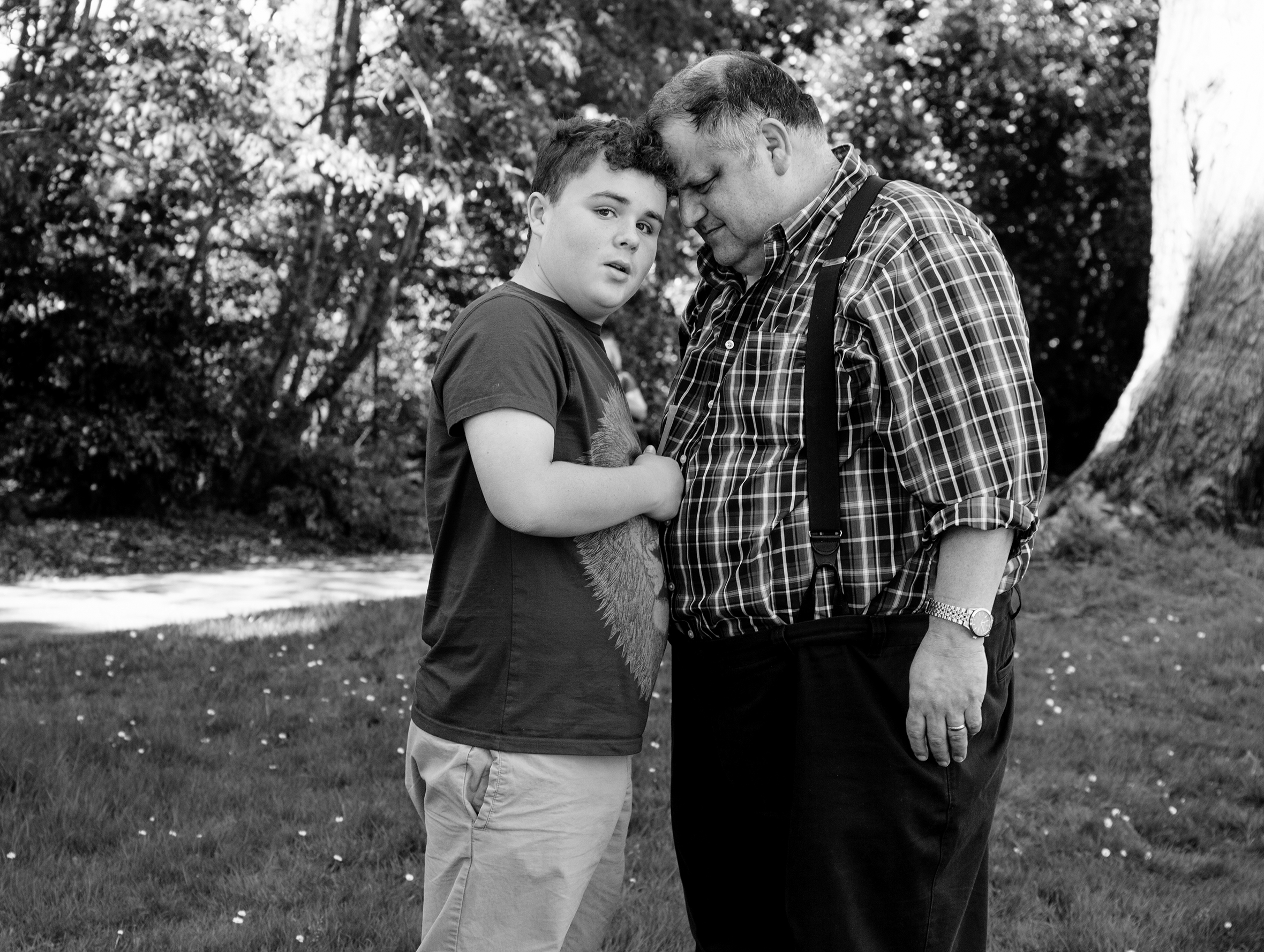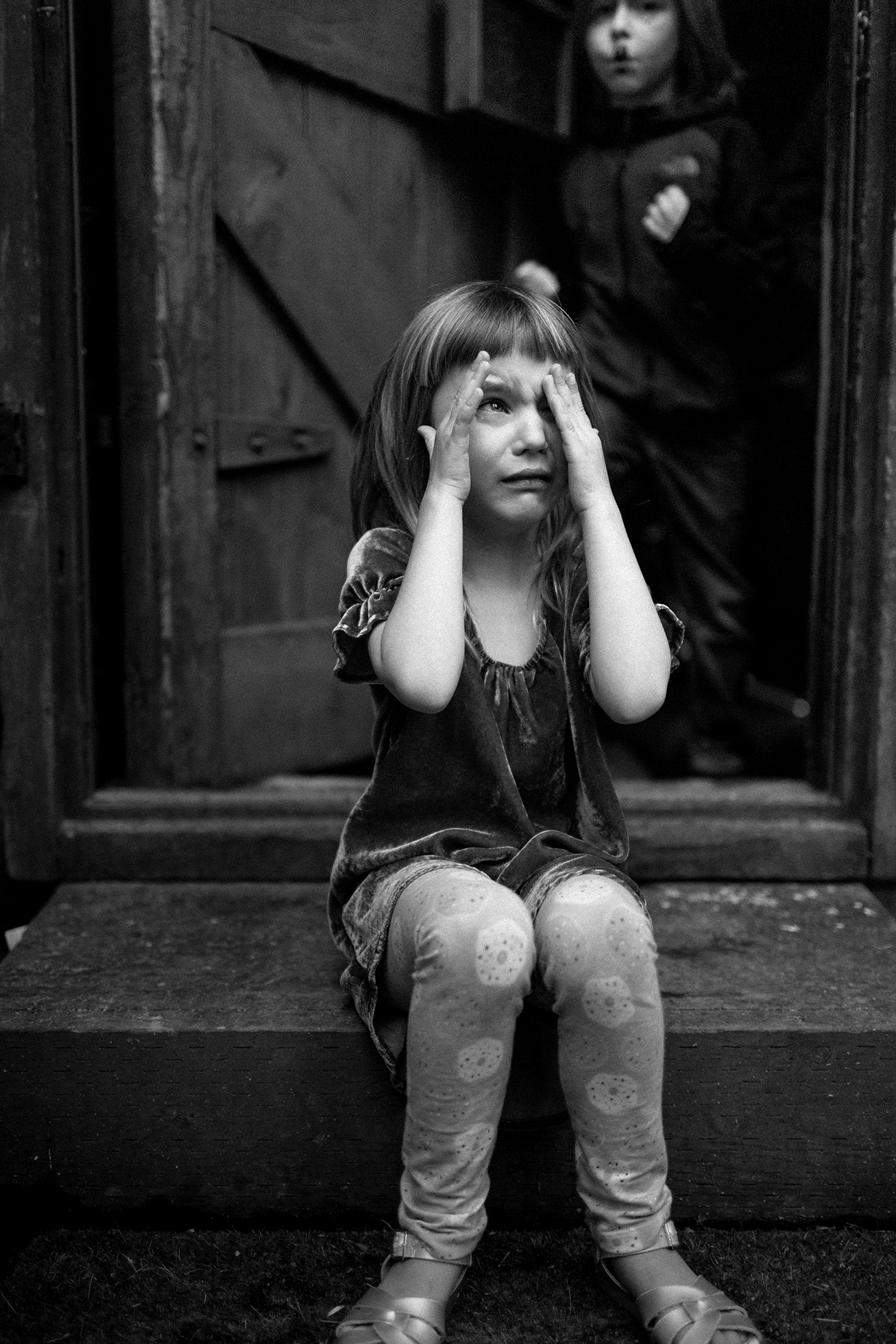Browse Topics
Psychology
In Praise Of Incompetence
That word, competence, came to me after my six-year struggle; it came as an alternative, if not an outright escape hatch, to the daily grind of despair.
July 2018From Here To Eternity
William Richards On The Transformative Potential Of Psychedelics
I was outside of time. Awe, glory, and gratitude are the only words for what I experienced.
November 2017Misdiagnosed And Misunderstood
Steve Silberman On The Mysteries Of Autism
People often ask if I believe autism is overdiagnosed, if we’re just slapping a label on geeky kids who in previous generations would have been considered merely eccentric. I reply that I believe autism is still underdiagnosed in two groups: women and people of color. The cultural and class bias built into the diagnostic process was so pervasive in the 1980s that psychologist Victor Sanua claimed that autism is rare among families of color. The reality was that people of color often didn’t get decent healthcare.
March 2017The Long Shadow
Bruce Perry On The Lingering Effects Of Childhood Trauma
One of the most important variables, in my experience, is when things happen. If you experience emotionally disengaged caregiving, humiliation, or a sense of being unwanted in the first year or two of life, even if you then escape that environment — maybe you’re adopted, or your parent who was depressed gets better — that early experience can still cause profound social and emotional problems for you all the way into adulthood. On the other hand, kids who have a good first year of consistent, predictable caregiving and then end up in shelters or foster homes and bounce around the system, maybe get sexually and physically abused, and so on — those children often function reasonably well as adolescents.
November 2016Sometimes I Think About Suicide
Since I started this essay, I have found a relationship of sorts and taken a job with a magazine that some friends started. The difference between a happy ending and an unhappy ending is simply the place you decide to stop telling your story.
November 2016Sunbeams
November 2016The timidity of the child . . . is entirely reasonable; they are alarmed at this world, because this world is a very alarming place.
Sunbeams
July 2016I am troubled by my shapeless fears. My God, these anxieties! Who can live in the modern world without catching his share of them?
excerpted from
We’ve Had A Hundred Years Of Psychotherapy — And The World’s Getting Worse
Hillman: I would rather define self as the interiorization of community. And if you make that little move, then you’re going to feel very different about things. If the self were defined as the interiorization of community, then the boundaries between me and another would be much less sure.
July 2016Who Are You Calling Crazy?
Gary Greenberg On How We Define Mental Illness — And How It Defines Us
Mental illness is a function of consciousness, and consciousness is something we see through a glass darkly. We simply are not prepared to understand it with the same certainty that we are prepared to understand, say, liver disease.
July 2016As We Lay Dying
Stephen Jenkinson On How We Deny Our Mortality
At every deathbed and hospital room, I didn’t see sane dying. I saw sedated dying, depressed dying, isolated dying, utterly disembodied dying. Sane dying would require a childhood steeped in death’s presence, an adulthood employed in its service, and an elderhood testifying to its necessity. Sane dying is a village-making event: lots of people with plenty to do, the whole production endorsing life.
August 2015








